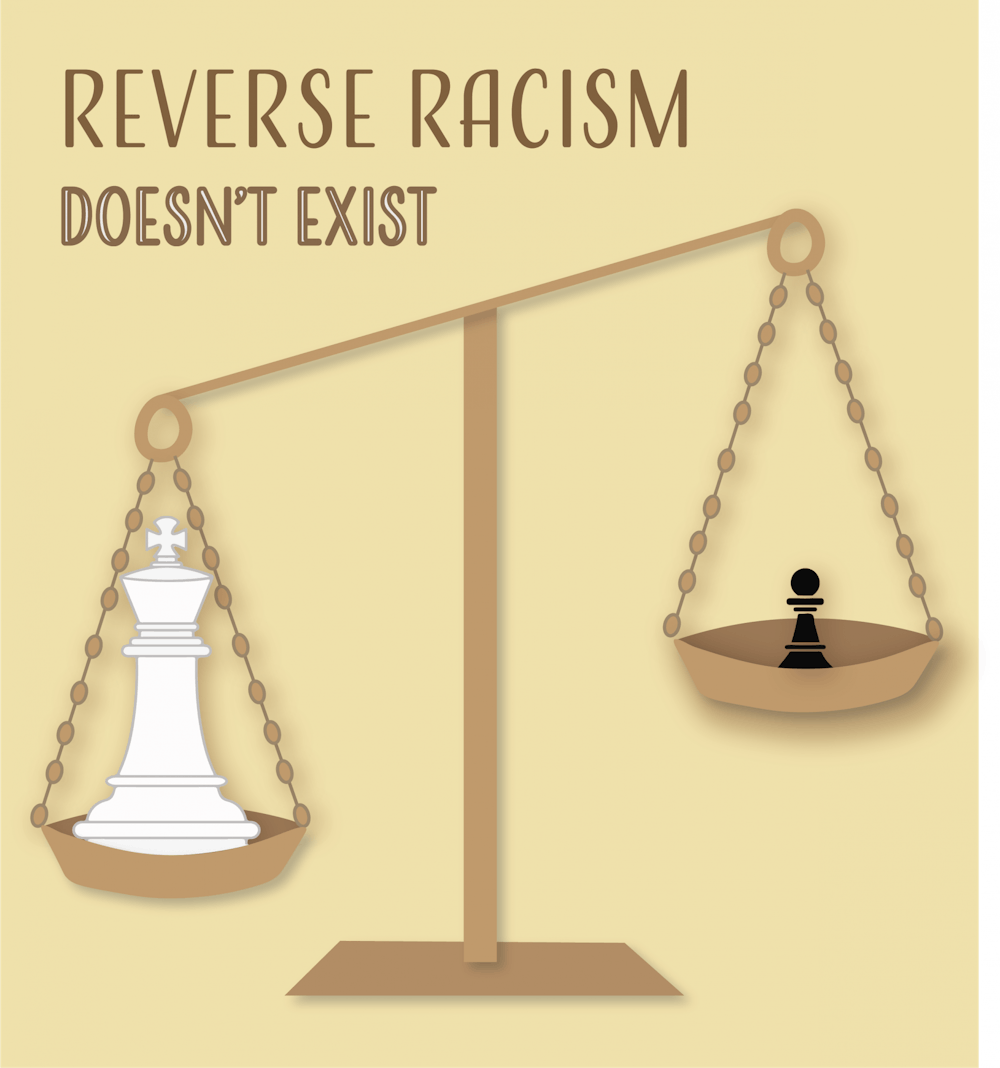中文版请点击此处
It has become apparent in the scope of racism and race relations that many people decide to adopt truth as they want it instead of what it really is. When it comes to white privilege many people become so defensive that they refuse to seek out the truth of what white privilege really means. And in the case of reverse racism, it is often when a person of color speaks out against the racist acts of others that white people start to think — in the defensive mindset — that they are in fact the ones being oppressed.
A common misconception about white privilege is the belief that if a person has gone through hardships or had a rough upbringing that means they are not beneficiaries of any kind of privilege. They may believe that they have been given the exact same opportunities in life as any other person and have not been treated favorably in this country. The truth is that white privilege is not based on any kind of socio-economic standing — it is based on the basic decencies afforded white people that are not given to people of color. For example, white people can go anywhere in the United States without a rational fear of being attacked solely for the color of their skin while people of color have a list of places we can not do the same.
At its core, racism is a system in which a dominant race directly benefits from the oppression of others whether they want to or not and whether they are conscious of it or not. It is true that white people all over the world and throughout history have experienced atrocities like slavery and persecution. But in the context of the history of this country, white people have not been enslaved, colonized or oppressed on the scale that people of color have. This does not mean they do not experience adversities common among people of color like poverty and police brutality. But again, their experiences come nowhere near being on the same scale as Black people and other people of color in the United States.
It is clear that white people are at an advantage in this country. Marijuana usage rates are similar between Black and white people — yet Black Americans are more likely to be arrested for using the drug. People of color are denied home loans at higher rates than white people. White men still earn higher incomes than almost any other demographic. The list goes on and on. White privilege lies in the ability to have a generally positive relationship with the police. White privilege lies in getting to learn about your race in school. White privilege lies in the ability to walk around a store without being followed by the racist worker behind the counter. White privilege lies in playing the colorblind card in an attempt to erase centuries of racism.
I believe that it is due to white privilege that many people, including students at the University, get to pick and choose when and when not to support the human rights that many activists are striving for. I have observed performative activism up close and personal both online and at school and it is disheartening to see people only participate in activism when it is trending. It, of course, is up to the individual to decide what to do with their privilege. I previously called upon white people to use their privilege to aid in the fight for equality in this country. However, performative activism is not something I ever want to see. Showing support for communities that need it is not a trend, and it is abhorrent to treat it as such.
Assumptions and stereotypes about white people are examples of racial prejudice — not racism. Racial prejudice refers to a set of discriminatory or derogatory attitudes based on assumptions deriving from perceptions about race and/or skin color. Thus, racial prejudice can indeed be directed at white people but is not considered racism because of the systemic relationship of power. Because Black people do not hold the power in the social landscape of this country, it is impossible for them to be racist against whites.
Somewhere along the line the actual meaning of the word racism got mixed up with other aspects of the concept such as prejudice, ignorance and so on. There is no denying the fact that white people can experience prejudice from people of color. All people can have ignorant, backward ideas about white people, as well as all other races. No one is trying to deny that. But racism is not just black and white — pun intended. It is far more complex and is a topic worthy of the higher level of understanding that it requires.
Due to white victimhood, many people are so quick to deflect that they don’t even try to listen to and understand perspectives that may oppose their own and threaten their comfortability. The simple fact is that because it tries to ignore the fundamental question of who holds more power between the individuals involved — the myth of reverse racism assumes that racism occurs on a so-called level playing field. Because this level playing field does not exist in this country, it is clear there is a certain racial group that holds more privilege over the others.
Aliyah D. White is an Opinion Columnist for The Cavalier Daily. She can be reached at opinion@cavalierdaily.com.
The opinions expressed in this column are not necessarily those of The Cavalier Daily. Columns represent the views of the authors alone.







